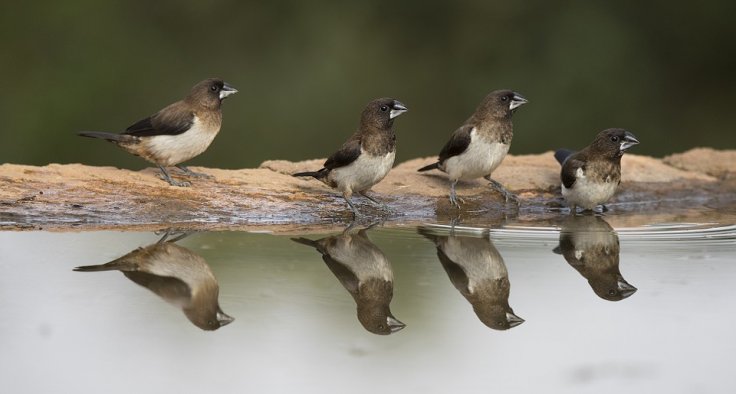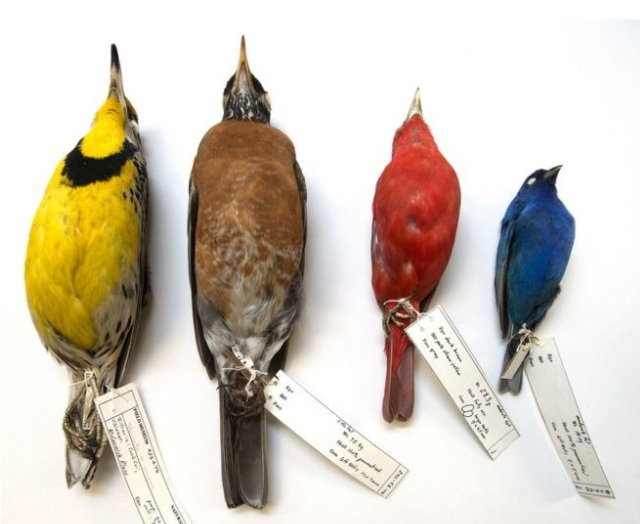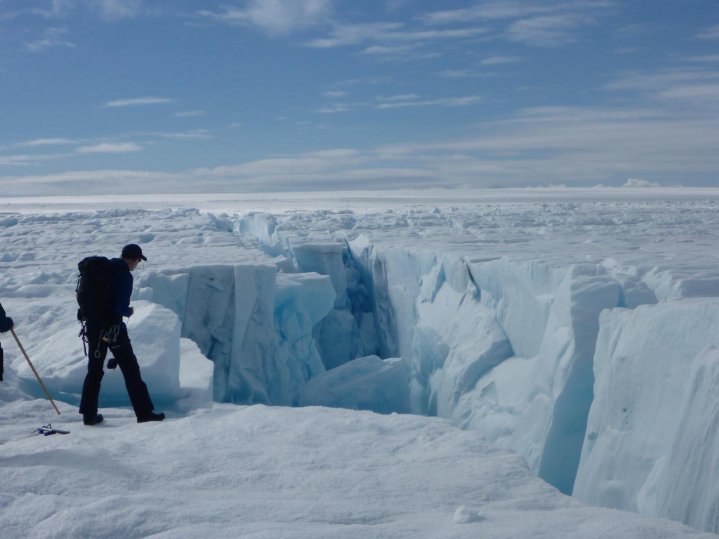In a few days after a study revealed that the size of birds is shrinking, here's another report in change of their timing for migration. All these new traits have been attributed to climate change at a time when the US leadership is moving away from a global commitment to implement the outcome of the Paris Climate Change pact.

During every autumn, due to sudden low in atmospheric temperature, insect population gets declined, and as a result, billions of birds migrate across the United States. This migration is in search of a warmer temperature, and more food availability. However, a new study report has suggested that nocturnal birds in the United States are migrating to and from their breeding grounds earlier than expected this year.
Climate change causing all the havoc
The annual migration of these birds plays a crucial role in maintaining a healthy ecosystem, as these migrating birds reliably move seeds, and eat bugs that will overpopulate grasslands and forests. This annual process has been harmonious until now, but climate change has changed everything upside down, and birds are migrating to feeding grounds much earlier.
The study conducted by researchers at the Cornell Lab of Ornithology and the University of Massachusetts made this conclusion after analyzing radar data of 24 years from the National Oceanic and Atmospheric Administration. It should be noted that this study is one of the first among its kind that looked at how climate change affects migration on a continental scale.
Changes in continental scales
"To see changes in timing at continental scales is truly impressive, especially considering the diversity of behaviors and strategies used by the many species the radars capture," said Kyle Horton, a professor at the Colorado State University who led the study in a recent statement.

Researchers, in their study report, published in the journal Nature also warned that the changes in bird migration could turn more dramatic if earth gets warmer further. Experts believe that birds will be compelled to make up for the lack of food at one part of their migration by eating more during the other.
Climate change melting glaciers
Experts believe that humans are also going to witness the harmful effects of climate change in the near future. A recent study conducted by 96 polar scientists from 50 international organizations had suggested that the Greenland ice sheet in Antarctica is melting seven times faster than it did in the 1990s.

The study report also warned the melting of ice sheets at this rate could see 400 million people getting exposed to coastal flooding by 2100. In the study report, researchers noted that Greenland has lost more than 3.8 trillion tonnes of ice since 1992.









